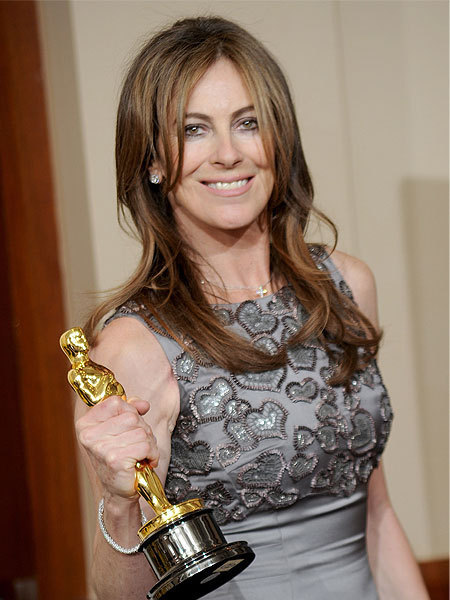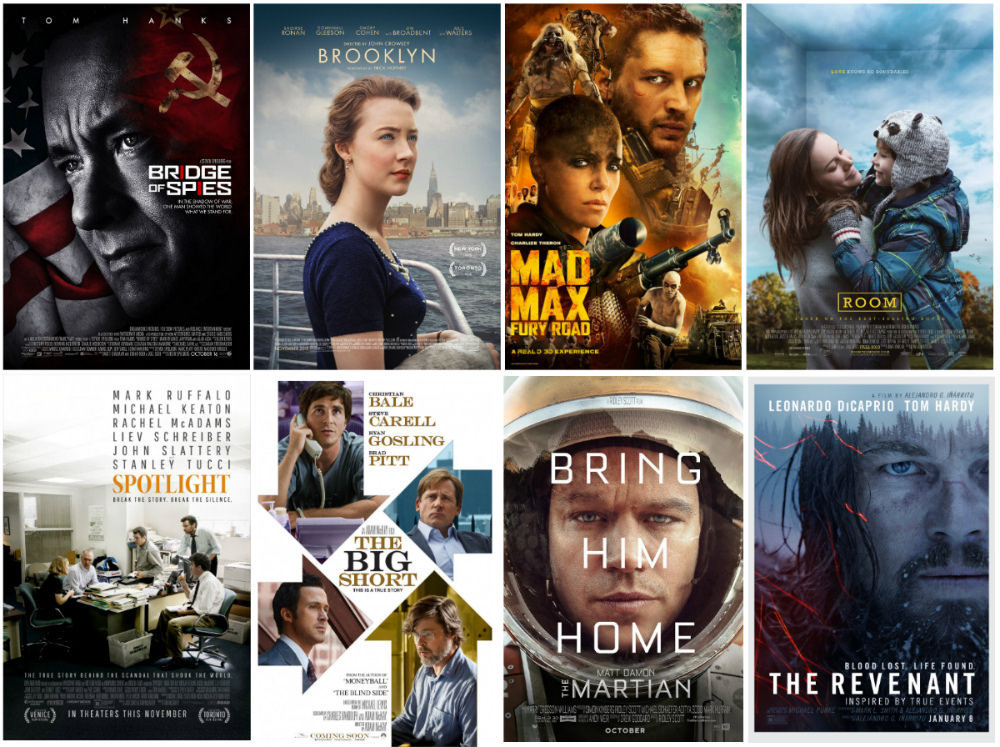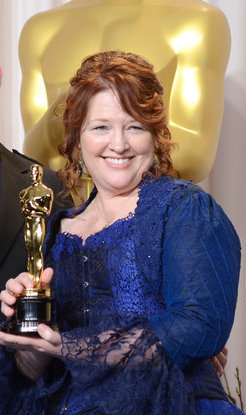There has been a lot of controversy with the Academy Awards over the past couple of years for its lack of diversity and #OscarsSoWhite has been circling social media for the 2nd year in a row. Even before the recent criticism about the awards show's lack of diversity there was always the underlying problem with equality between men and women #OscarsSoMale. There has been been a push for Hollywood to end the "gender wage gap" for a long time especially since Jennifer Lawrence spoke out in the Fall of 2015.
Even before Lawrence spoke out there have been many actresses, politicians, and public figures speaking out to end the "gender wage gap" in Hollywood and beyond. But changes are slow coming and actresses and women in many job positions are still paid less than their male coworkers for the same job, commitment, and hours of work. Not to mention the lack of data for those who are transgender or and identify outside of gender norms and what their pay disparity. The call to action became more apparent and directed towards Hollywood at the 2015 Oscars with Patricia Arquette's famous acceptance speech for Best Actress win in the groundbreaking movie Boyhood.
Patricia Arquette's infamous Best Supporting Actress speech in 2015

Though plenty of women attend the oscars and actresses are nominated for individual and motion picture awards. But what about all the women nominees in other categories? They are scarce. In its 88th year the Academy Awards have only ever given an Oscar for Best Directing to one woman, Kathyrn Bigelow for Hurt Locker in 2010. That is not the only category that has a small amount of women nominees and winners.
Kathyrn Bigelow - First and only woman to win a Best Directing Oscar in 2010

In a 2014 article there were many distressing statistics about the lack of women nominated in other categories. In 2014 these are the percent of women nominated in each category since the awards beginning: Directing (.008%), Special/Visual/Engineering Effects (1%), Animation (7%), and Cinematography (0%). Some people might argue that women just aren't interested in these jobs aremaybe they have increased since then but haven't caught up with men yet. If that were true then why from 2008-2013 was the amount of women nominated historically low? Even including Best Actress and Supporting Actress in 2014 women only made up 17% of the nominees, this year it increased but not by much to 24% which is 51 women in 215 nominees. So there is hope but still slow improvement.

Historically however the Academy has often selected movies centered around men with the winners being movies with a strong center male lead. Sometimes even women who win best actress are in a supporting role to the main male character. However this year there is more diversity between the kinds of movies nominated 6 out of the 8 best picture nominees have mostly male casts or the story centered around a male character. Some strong female lead movies that have won or been nominated were centered around a love story like Brooklyn (2016) and Titanic (1999) or were musicals The Sound of Music (1966) and Chicago (2003).
Brenda Chapman - won an Oscar in 2013 for Best Animated Feature Brave, that she co-directed

So next year let's hope the the Academy recognizes and continues to improve in the amount of nominees in people of color as well as women. Or it will be another year of the hashtags #OscarsSoWhite and #OscarsSoMale. Things need to change in Hollywood the lack of recognition for all of those involved in movies no matter their age, gender, race, or ethnicity is getting old and disappointing. Hopefully we can move forward from just praising or criticizing women's fashion during the awards show and instead recognizing their talent for making movies in all professions and roles.

